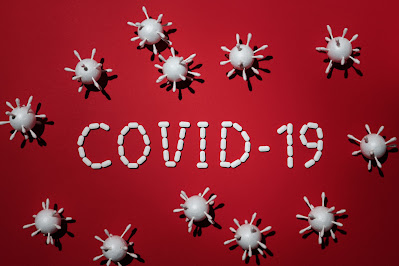422

 |
| Photo by Edward Jenner from Pexels |
When compared to the ancestral pandemic coronavirus, the Delta and Omicron coronavirus variants have increased transmissibility and immune evasion even in non-immunologically naive people. When otherwise healthy people who have been vaccinated against SARS-CoV-2 get the virus, they usually do not have severe symptoms.
The researchers sought to explore how getting the virus after being vaccinated affects neutralising antibodies and how long and wide these responses are. The researchers discovered that whether a person has had one, two, three, or four exposures to the spike protein through infection, vaccination, or a combination of the two, the degree of antibody response varies.
The strength, durability, and breadth of neutralizing antibody responses produced by breakthrough infections in people who had been vaccinated against SARS-CoV-2 were investigated in recent research. The project was led by Alexandra Walls and David Veesler in the Department of Biochemistry at the University of Washington in Seattle.
Image: The number of exposures to the coronavirus spike protein, through infection or vaccination, influences the degree of antibody response. CREDIT: Veesler Lab
In terms of magnitude and breadth, those who had completed a three-vaccination program, those who had been immunized after recovering with COVID-19, and those who experienced a breakthrough infection after vaccination all launched almost equivalent neutralizing antibody responses. Their serum binding and antibody neutralizing responses to the spike protein in current pandemic coronavirus variations were far more strong and long-lasting than those produced by patients who had only received two doses of COVID-19 vaccine or who had a prior illness without immunization.
This finding revealed that increasing the number of antigen exposures to SARS-CoV-2 antigens, whether by infection plus vaccination or triple vaccination, improved antibody response quality.
They looked towards neutralising the Omicron SARS-CoV-2 form of concern, which is now causing the majority of illnesses in the United States. Their findings revealed that those who have been boosted had neutralising antibodies at the same levels as people who have been vaccinated twice against the original ancestral strain. This shows that there is a lot of immune evasion going on, but that vaccination boosters can help bridge the Omicron-induced neutralising antibody gap.
Finally, the researchers found no improvements in antibody binding to coronavirus spike proteins such as OC43 or HKU1 that cause colds. This indicates that repeated exposure to SARS-CoV-2 does not increase spike reactivity to more divergent coronaviruses. These findings point to the need for wider coronavirus vaccinations in the case of a future spillover.
The research groups were made up of roughly 15 persons from the University of Washington’s Hospitalized or Ambulatory Adults with Respiratory Viral Infections, or HAARVI. HAARVI focuses on recovered COVID-19 patients to research immune responses over time, understand the long-term implications of the infection, and compare immune responses from vaccinations and natural infections, led by UW Medicine infectious disease physician Helen Chu.
Contributed by: Mithun Sukesan
To ‘science-up’ your social media feed, follow us on Facebook, Twitter or Instagram!

